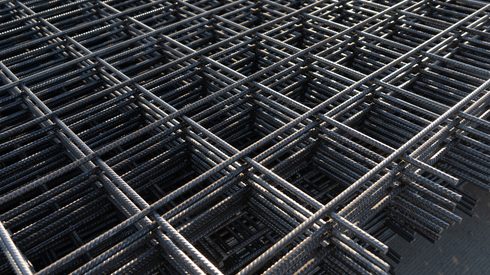Predictions that a massive energy crisis would develop because of overdependence on Russian natural gas, subsequently leading to an economic recessionary crash, never materialized. But the fear remains.
There were concerns that Europe would not get through the winter without Russian gas and that its economy might collapse,
In a recent report, the CSIS said that “Europe has held firm and adapted. However, despite the strong response to the war, comprehensive structural changes to Europe’s economy and security architecture have yet to materialize.”
Some analysts are now saying the European Union managed to slap a Band-Aid on a gaping chest wound last year.
“Europe kind of lucked out with warmer-than-expected weather and avoiding a lot of these energy supply issues we were warning people about for six-to-nine months,” Nick Webb, director of Risk Management and Commodity Hedging at Ryerson said on a recent podcast.
“There was never that ‘oh-no moment’ where they had to turn off manufacturing and turn off the economy to ration energy usage. But I still think some of those energy issues may be on the table and we just kicked the can down the road several months or maybe even several years.”
The ongoing challenge is the balancing act between keeping the lights on and maintaining manufacturing production – including in the steel sector – amid goals to shed dependence on Russian gas.
Accomplishing that feat with renewable energy and increased liquified natural gas import facilities won’t happen overnight, analysts said.
“In the European Union, there is a growing fear that US subsidies, combined with high energy costs triggered by the Russian invasion of Ukraine, might lead to the deindustrialization of Europe,” the CSIS said.
The REPowerEU plan instituted last year by the European Union aims to diversify alternative energy supplies, including renewable hydrogen and acceleration of clean energy like wind and solar that can be produced domestically.
“Around 30% of EU primary steel production is expected to be decarbonized on the basis of renewable hydrogen by 2030,” the European Commission said in the plan.
According to the CSIS, the EU has already sped up installments and deployment of other renewable energy production.
“New solar power installations grew by 47% in 2022, equivalent to the power needs of 12.4 million European homes,” the CSIS report stated. “Although volatile costs generated strong headwinds for wind-turbine suppliers, new wind capacity also expanded moderately in 2022, with onshore wind accounting for about 90% of this growth. It is estimated that growth in wind and solar capacity may have saved it $11 billion in gas imports since Russia’s invasion of Ukraine.”
For now, at least, catastrophic fears of an energy-based economic collapse have been abated. The “what ifs” come back into play when thinking about the winter months of late 2023 and early 2024.






